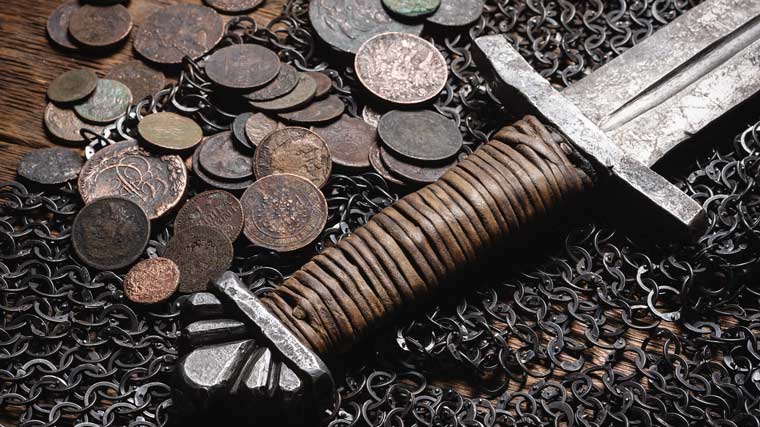Guest article by Prof. Edy Portmann published in Luzerner Zeitung on 14.01.2022
The financial sector is now twice as large in relation to real economic output as it was 20 years ago. The RealUnit, the brainchild of Karl Reichmuth, was developed as a solution to this growing disconnect between the financial system and the real economy, and it is a share token backed by real assets,which seems to be gaining in popularity.
The flood of money from central banks, the indebtedness of states and the ever widening gap between the financial system and the real economy are becoming a threat to private property. Karl Marx, the great critic of capitalism, once said that “in the aggravation of a problem lies its solution.” Could it be that this particular aggravation is paving the way for a solution today, with new crypto technologies as a “bank in your pocket,” as banker Karl Reichmuth puts it, but this time in a binary way? After all, the more digital currency systems emerge, the more their tokens will be accepted and used as stores of value in everyday life. And if sustainable technologies that are energy-efficient and resource-conserving are used to facilitate this mass adoption, then there is a lot to like about this shift in the monetary system.
Former German Chancellor Helmut Kohl believed that “those who do not know the past cannot understand the present and cannot shape the future.” In his book “Keltengeld” the numismatist Bernward Ziegaus presents the coins of the Celts and the neighboring peoples. While reading the book, I imagined the future of cryptotechnology and it occurred to me that, in order to sustainably use property security technology, we could design tokens as a “remake” of the Celtic coinage system.
Two millennia ago, as the collection presented in the book shows, this system apparently facilitated prosperous trade from Scotland to Italy, and from Portugal and Spain to Turkey. For this purpose, trees are also said to have played a role in securing property among the Celts: When they cleared land, they supposedly left a “tree of life” standing, which provided them with food. But how do you do that digitally? Perhaps it makes sense for a Celtic-inspired crypto implementation, analogous to the root system of a tree, to have digital coin systems backed by fiat money (external to our crypto world) or by precious metals. Could these asset-backed tokens, or rather our “Celtic coinage system 2.0”, provide us with liquidity in this way?
In the summer of 52 BC, Caesar was victorious over Vercingetorix. Very briefly, his victory brought the principle of “divide and rule” to the free Celtic peoples or tribes, who previously sometimes worked together and sometimes not. The core of this binary thinking, which has now expanded as a 0/1 code even in the digital world, is probably one of the reasons why today one can hardly find even two people that understand each other anymore. This worldview has been gaining ground since then and is driving the machinery of our financial world in the current digitalization wave. Today, however, this machinery is being countered by more and more autonomous cryptosystems. And so I see a potential for this technology, with its great settlement security, to be used as a decentralized alternative for the future, as the Celts might have used it. After all, the acquisition and ownership of property is ultimately one of the best strategies to ensure prosperity.
The path of digitization must go back to the roots. Cryptocurrencies like bitcoin are unfortunately a bit (too) cerebral and probably (still) too far away from people’s reality, and are thus not “grounded”. But we should use technology in a way that helps our communities protect the environment as well. To this end, the way we deploy technology must not merely be geared towards sustainability. With real assets such as share certificates, real estate and commodities along with precious metals, tokens can be integrated into a digital currency system. If the real assets behind these tokens sustain our communities, we can make ourselves autonomous (again), and a politically and economically stable system could be built on that.
Edy Portmann, a native of Lucerne, is an Informatics professor and Swiss Post professor at the Human-IST Institute of the University of Fribourg.
More information
At realunit.de you will find additional information about our share token and how it differs from Bitcoin.






